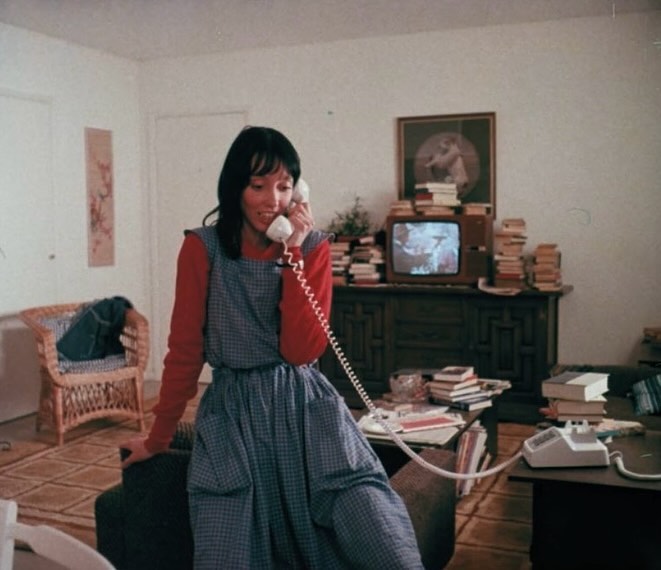
The ’70s and ’80s Hollywood icon Shelley Duvall is known for her roles starring alongside Jack Nicholson in Stanley Kubrick’s The Shining and playing Olive Oyl with Robin Williams in Popeye; she also featured in several acclaimed movies directed by Robert Altman, including 3 Women and Nashville.
Nearly 33 years ago, the actress made a surprising decision that stunned her global fanbase when she left the glitz and glamour of Studio City, California, for the quiet life in Texas, stepping away from the spotlight for good. Recently, the now 74-year-old Duvall has decided to bare it all and uncover the major reasons behind her sudden and unexpected departure from Hollywood.
Shelley Duvall shares insights into why she left Hollywood

Discussing her decision to step out of the spotlight, Duvall explained that one of the primary reasons was her brother’s illness. He was battling spinal cancer, a severe condition that significantly impacted her family. This difficult situation prompted her to relocate to Texas to be closer to him and provide support during his terminal illness.
RELATED: Fans Put Together GoFundMe In Support Of Shelley Duvall
She also disclosed that another significant reason behind her decision was the abrupt shift in the entertainment industry’s stance toward her. After offering years of unwavering support, the industry suddenly turned against her, creating an environment so hostile that she felt compelled to abandon her career.

Shelley Duvall’s long-term partner Dan Gilroy gives an opposing reason for her leaving Hollywood
Dan Gilroy, who has been in a relationship with actress Shelley Duvall since 1989, provided a different perspective on the reasons behind her hiatus from acting and relocation to Texas. He revealed that they decided to move away from their Los Angeles home after it was destroyed by an earthquake in 1994.

The former lead singer of the Breakfast Club explained that the loss of their home was a deeply traumatic experience for Duvall. The 74-year-old actress was profoundly affected by the tragedy, and the resulting trauma eventually led to severe paranoia that became increasingly difficult to manage.
